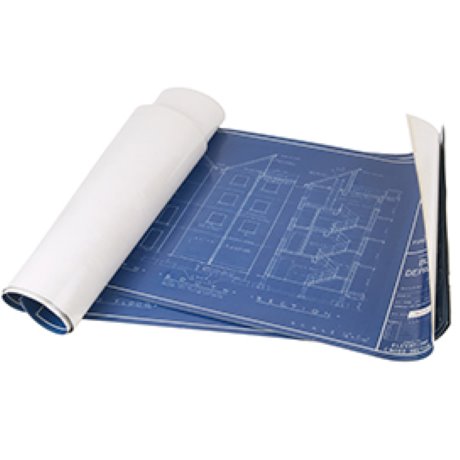Modular construction, when done right, has the potential to revolutionize parts of the sector, says one industry expert. And while the practice has already been in the Canadian market for decades, it has grown to produce more and more complex structures.
Randy Ludwar, of R. Ludwar Construction Management, detailed some of the trends going on in modular construction while presenting at Buildex Vancouver.
Ludwar started his career in Saskatchewan with Dominion Construction and spent many years working with the Bentall family. His work took him to Edmonton, Vancouver and Calgary for a variety of residential, commercial and industrial projects.
"It was the typical stud, drywall, carpet vinyl-type stuff," he said.
He first had the idea to move into the modular construction industry while working on a site with 60 labourers in the dead of winter. They worked in the snow and mud, warmed by propane heaters with one million BTUs of flame.
"I told myself that there has to be a better way," he said.
The solution he found was modular construction, where all or part of a project is built offsite and then assembled.
"Modular can become a very important part of our construction industry," he said. "Not the whole industry but an important piece of it."
But part of this means changing how people view modular construction. Ludwar explained that 20 years ago people saw it as poorly built portables or trailers that were cramped, uncomfortable and didn’t last long.
"We are so much more and different," said Ludwar. "That’s not where we are today."
He highlighted cross-laminated timber and passive house projects being built using modular techniques. The industry has also moved to mechanical modules, kitchen components, floor systems and more. But Ludwar believes it can be taken further. His vision centres around a massive 18-storey steel and glass tower, known as Victoria Hall, in the United Kingdom built using modular construction.
"I think that is where Canada is going to go," he said. "But we are not going to get there without a push from the industry."
Some of the biggest opportunities are in hotel, health care and multifamily home construction where modules are repeatable.
Ludwar zeroed in on the project schedule to promote modular construction. When done correctly, projects can be completed 30 to 50 per cent faster.
However, Ludwar stressed that unless modular is part of the discussion at the beginning of design and through to permitting and approvals, these savings are difficult to reach.
And these savings are especially important to a business like a hotel, where finishing several months early means several months to generate more revenue.
"If you are entertaining a modular project, get to the plant, talk to the people on the floor, look at their yard," he said. "Your construction project will be 50 per cent built by these guys. There isn’t a modular project where I haven’t toured the plant floor and interviewed the staff."
Ludwar also noted the broader impacts of modular. Studies show that these projects have 46 per cent less of a carbon footprint than traditional methods.
And more research is being done to study the social impact of working normal hours at a prefabrication facility versus spending months away from one’s family at a remote construction site.
"This will be a driver in the future," he said.











Recent Comments
comments for this post are closed